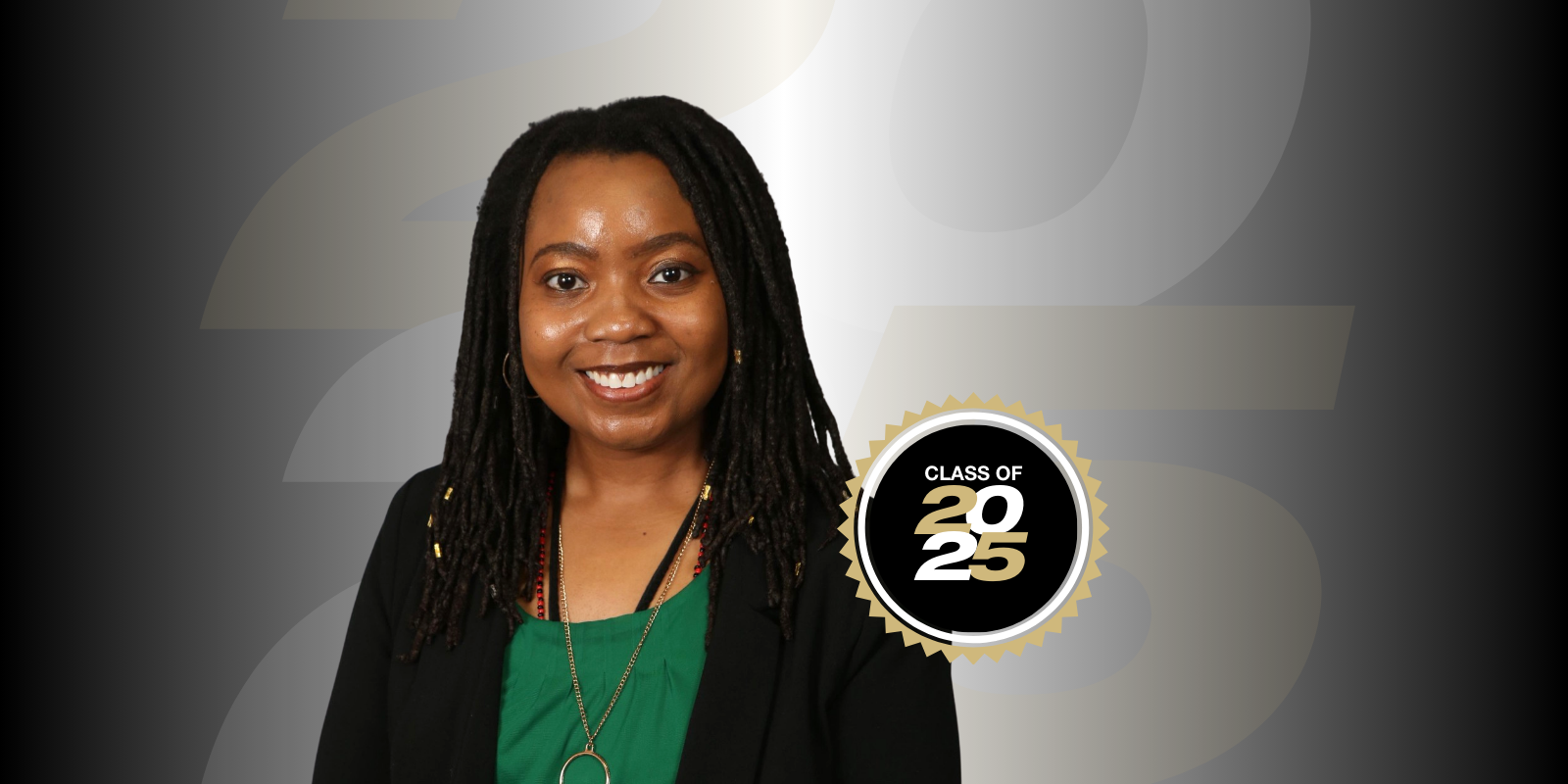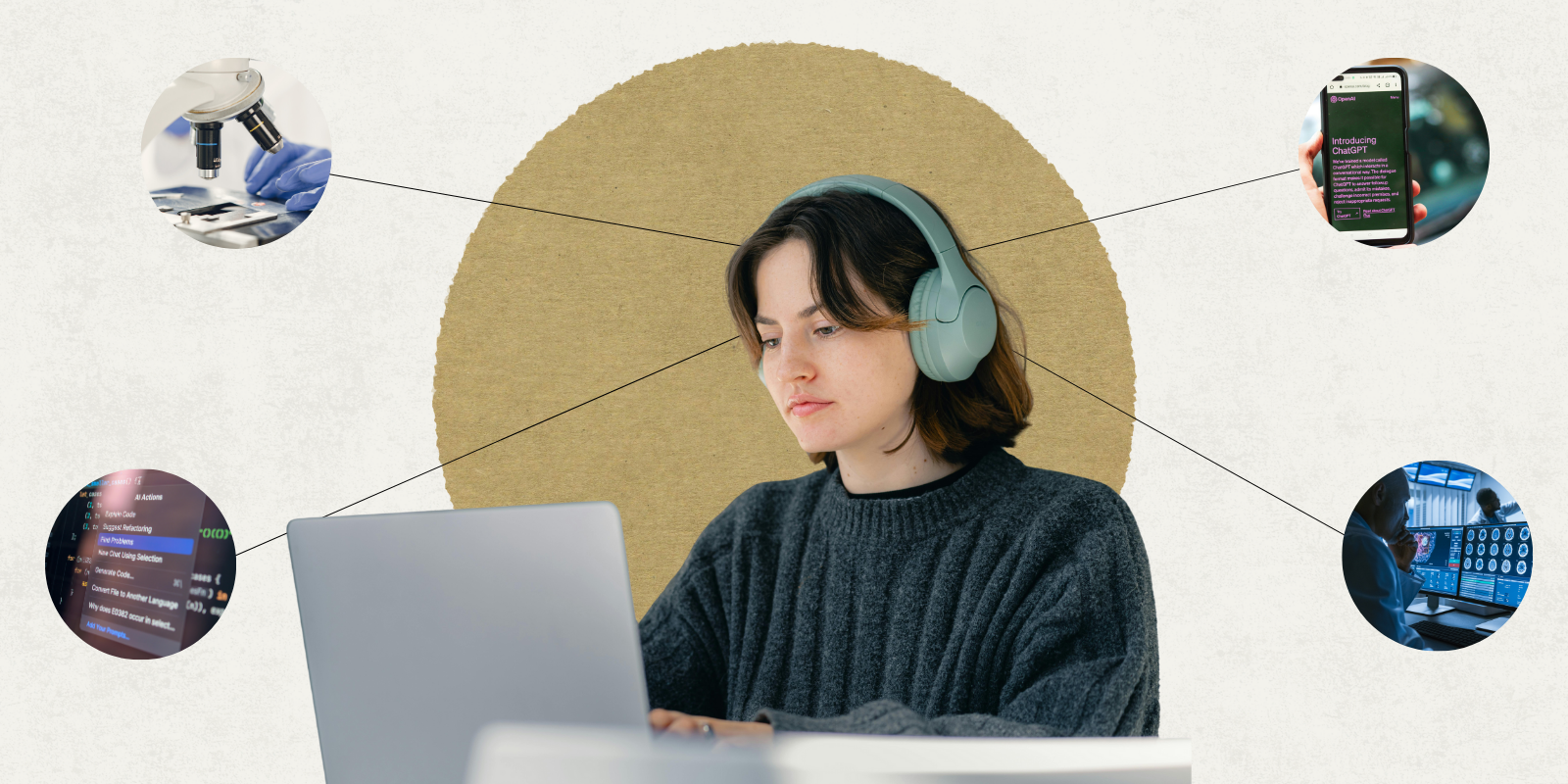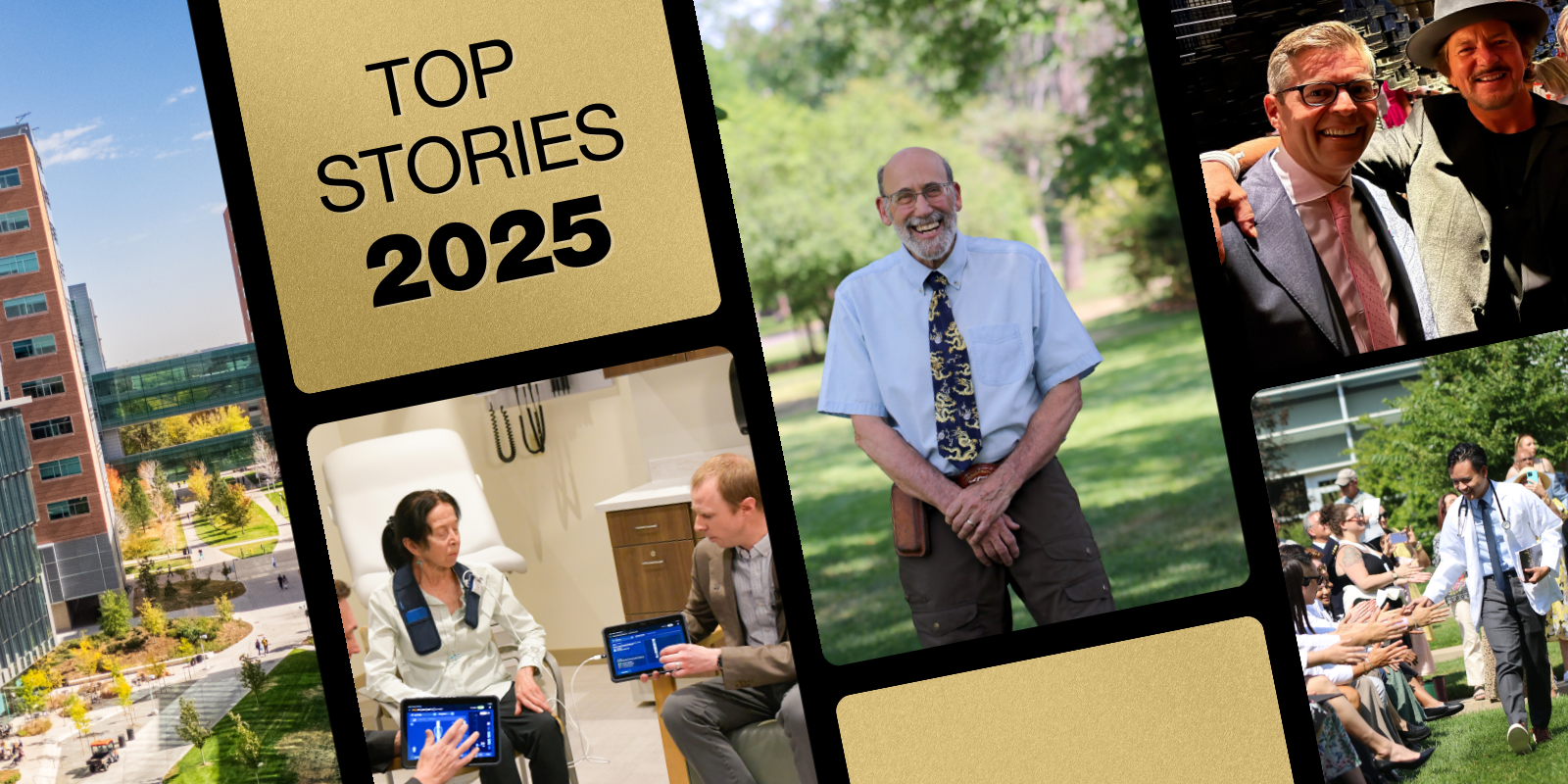At first, it was difficult for India Bonner to find a specialty that clicked as she navigated medical school.
“I initially considered family medicine, because I enjoy building relationships,” she says. “But once I started seeing patients in that setting, I realized it wasn’t the right fit for me.”
She explored OB/GYN next but found it didn’t quite align with her interests either. Then she began her first surgery rotation.
“Surgery is notorious for being really intense, so I was kind of scared of it,” she says. “Then I had my first surgery immersion — it was a colon cancer resection — and the attending physician let me use the stapler to cut out the colon cancer, and it was cured right there. I was like, ‘My hands can do this magic and fix people and make them feel better that fast?’ I’ve been hooked ever since.”
As she continued to gain more experience in surgery, Bonner saw that she could still build meaningful relationships and stay connected to my community — something that ultimately solidified her choice.
Passion for social justice
Now a fourth-year student in the University of Colorado School of Medicine, Bonner will graduate in May, then head to Creighton University in Nebraska for her surgical residency.

On Match Day, Bonner found out she would continue her medical education at Creighton University in Nebraska.
“They were at the top of my list,” Bonner says. “I'm really interested in social justice and health equity, so I was looking for a program that cares about those things — not just saying it, but having programming for the residents. They were able to have great conversations with me about health care disparities during the interview process, and I'm very grateful to have matched there.”
That interest in health equity is driven in large part by things Bonner saw growing up — an aunt who died from sepsis after substandard follow-up care following a leg amputation; primary care doctors who didn’t truly listen to her mother’s health concerns — as well the students she served while working as a project coordinator in the TRIO Student Support Services program at Community College of Aurora prior to medical school.
“I worked with students who were the first in their family to go to college, had lower incomes, had a disability, or spoke English as a second or third language,” she says. “I saw that they faced many barriers into reaching their goals, because the educational system is complex. I saw how simple things, like not knowing to follow up with the financial aid office about certain forms, can have big negative effects.”
It can be a similar story within the medical system, she says, which can be just as complex.
“Because of that complexity, people might not get the follow-up they need or might not be moved into the right resources,” she says. “That's very important for me, to make sure people know what their resources are, are plugged into the right things, and have access to care.”
Important discussions
Bonner, who grew up in Aurora, Colorado, near what is now the CU Anschutz Medical Campus, first got interested in medicine from her AP biology class during high school. Now 30, she was a nontraditional age student during medical school, but that didn’t stop her from getting involved. In addition to working with Catherine Velopulos, MD, professor of GI, trauma, and endocrine surgery, on research into how social vulnerability affects emergency surgery rates, she served as president of the CU chapter of White Coats for Black Lives for most of her medical school career.

Bonner introduces the leadership team and student speaker at the annual White Coats for Black Lives Die-In. For Bonner, organizing this campus-wide event has been one of the most powerful parts of medical school, offering a platform for collective mourning, storytelling, and activism.
“That's been important for me because it allowed me to bring conversations about racial injustice and racial bias to campus,” she says. “In the classroom, sometimes there's not a lot of space to talk about it, and it can be a taboo thing to discuss. With White Coats for Black Lives, I was able to bring discussions about how racial bias shows up in research practices and how that impacts patients.”
Connected to community
Bonner also stayed connected to her community by volunteering with Colorado Black Health Collaborative, conducting blood pressure checks at barbershop health screening clinics.

Standing in front of the Da Vinci robot before a robotic-assisted laparoscopic cholecystectomy, Bonner reflects on what draws her to surgery: the problem-solving, the precision, and the chance to make a direct impact.
“I was very intentional about getting out into my community as much as I could, and that helped me remember my ‘why,’” she says. “Even when school got really tough and stressful, I still had my community. I was like, ‘OK, this is why I'm going to keep moving forward, is because of them.’
“I would recommend that to any student, to keep connected with your why,” she adds. “You might be tired and stressed out and worried but that's going to help you do better and stay motivated to weather the intensity of medical school.”



